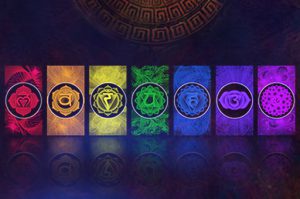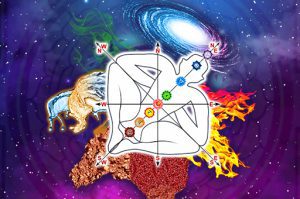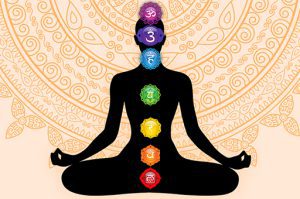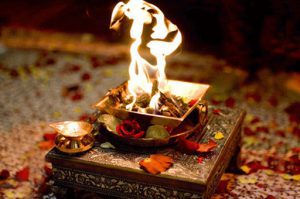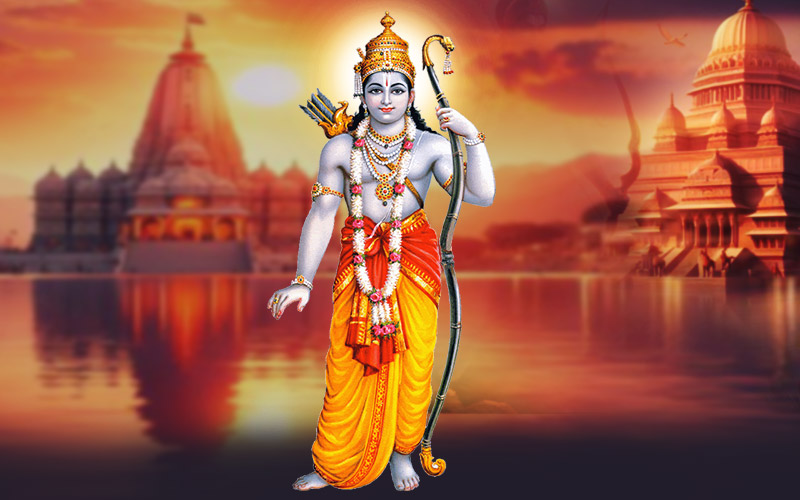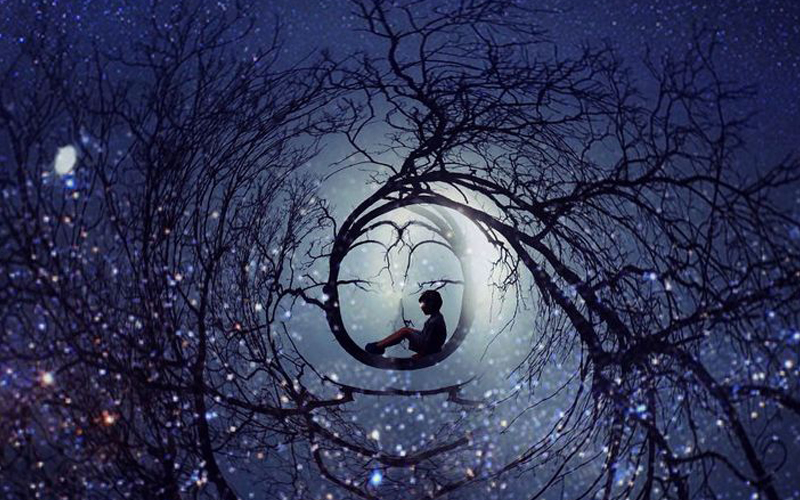
To answer this question, we first need to understand what life is about, essentially. Life flows intending to realise itself. This intent of life is inbuilt in every creation, be it man, animals, plants, or other living beings. When a seed sprouts, grows into a plant and then bears flowers and fruits, it is also Life realising itself. Only humankind has been bestowed with the grace of God to be able to observe this process and realise itself as Life. What a blessing it is to be a human! While every other creation lives as life, but a human being realises himself as life.
Emergence of duality
Life is described as the highest Truth of Satya, that is the most profound knowingness that beats in the heart of every human. This Satya is understood in human viewpoint as many virtues such as dharma, righteousness, duty, goodness, benevolence, generosity, honesty, hard work, honour, respect, forgiveness, expression, acceptance, and contentment to name a few. Duality comes into the picture to facilitate this realisation, as there is something that IS and something that IS Not. Just as light shows itself against darkness, honesty shows itself against dishonesty, so also good is realised against the backdrop of evil.
The inherent nature of life is mentioned in all holy scriptures irrespective of religion and is described as Sat, Cit, Ananda or Truth, Consciousness, and Bliss. It is where every soul finds its resting place on self-realisation. All other qualities that do not personify life are the absence of life. Essentially, evil is the absence of good; dishonesty is the absence of honesty, and darkness is the absence of light.
Darkness as the shadow of Light
So, when we say good people come from God, how do we categorise the bad? According to our understanding, a bad person goes against set norms also called societal rules or dharma, causes destruction, walks on the path of falsity and indulges in unlawful activities which hamper the naturally creative and growth-oriented nature of life. He is necessary for the good to emerge out of the shadows and realise itself by destroying him. However, isn’t a wrong person the one with the absence of good qualities? So, he, too, was created by God as the shadow of the good. Just as sunlight casts a shadow, there is darkness under a lamp; the bad naturally comes with the good.
Role of the bad
Good and bad play their respective roles in the journey of life. In the epic Mahabharata, Kauravas were the antagonists, and the Pandavas were the protagonists. Finally, the Kauravas played their dark role so well that they reached heaven, and the Pandavas were relegated to hell. It is because the Kauravas played their time’s directive in the circle of life whereas the Pandavas who were supposed to be on the side of the good faltered from their life path on certain occasions.
Similarly, in the Ramayana, Ravan, though evil, helped Ram realise himself. Lord Ram, after defeating him asked Lakshman to seek the fount of wisdom from the learned Ravan as even the bad has a lot to teach. Thus, both good and bad are given an equal platform in Hinduism. When we talk of Krishna, we speak of his evil uncle Kansa. Durga is called Mahishasurmardini or the slayer of demon Mahishasur. When we visit Vaishno Devi temple, we visit Bhairon temple, too. Against the backdrop of the villains, the heroes shine, and both follow their roles. One to teach what is right and one to teach what is not. Good and evil both are purposeful in the grandeur of life.
Life emerges as both Good and Evil
A human has the choice to be both, Good or Evil. Each carries its qualities and resultants. Ultimately, the Evil will be destroyed, and the Good shall win and become immortal, just as is the battle between light and dark, it is only light that remains. Both must be honoured as creations of the same mother.


